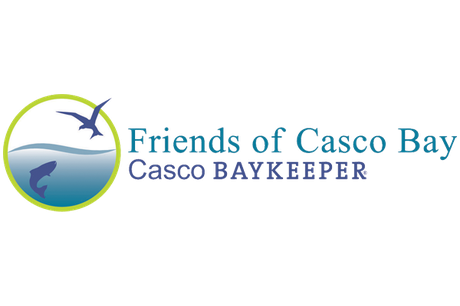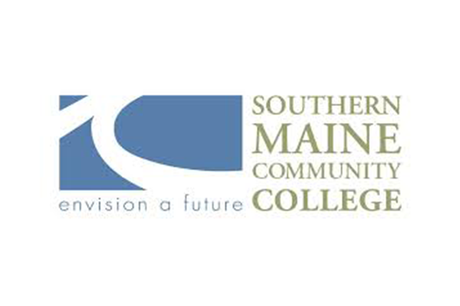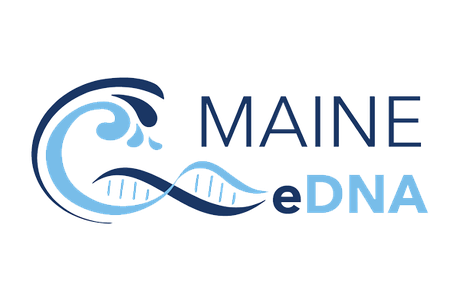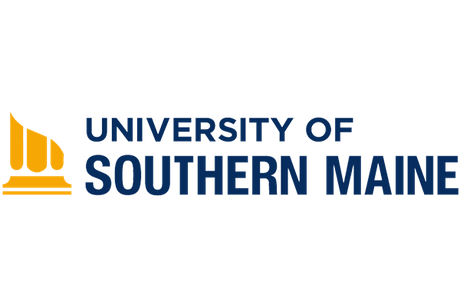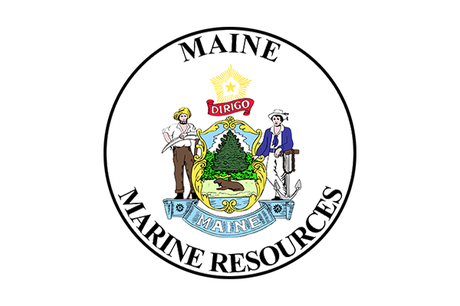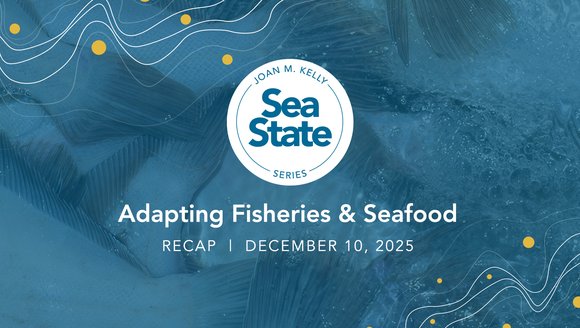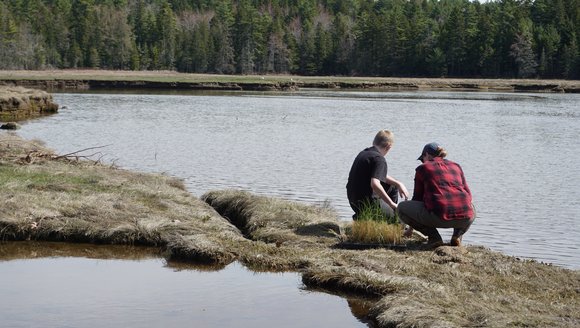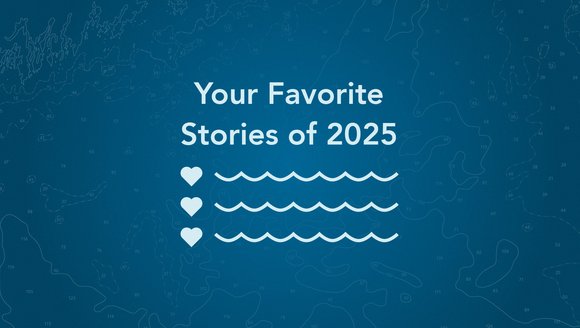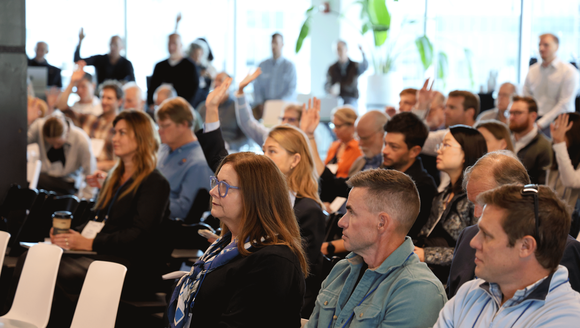Casco Bay Aquatic Systems Survey (CBASS)
Monitoring change in our own backyard.
Over the last several decades, Gulf of Maine coastal regions have seen dramatic declines in groundfish, an explosion of lobsters, habitat loss and recovery periods for critical species like alewives, and the appearance of more southerly species such as black seabass. CBASS, a long-term monitoring effort led by GMRI, helps us gain a better understanding of the pace and direction of these changes taking place in the coastal marine fishery ecosystems that support our region.
Project Goals:
- Provide a baseline of current fishery ecosystem conditions in coastal Maine waters for comparison with future conditions.
- Engage with the local monitoring community to provide a holistic view of the state of Casco Bay and how it is changing.
- Provide hands-on opportunities for undergraduate students to take part in monitoring activities.
- Use catch trend data to validate the eDNA monitoring technique.
CBASS sampling includes surveying the coastal fishery ecosystem from the Presumpscot River to the West Cod Ledges, and everything in between. In the river, we sample adult river herring (primarily alewife) during spring spawning runs to monitor changes in migration timings as well as demographics (e.g., age, sex, and energetic condition).
In western Casco Bay, from the mouth of the Presumpscot to Portland Head Light, we use beach seining to assess variations in littoral fish communities; littoral fish are small, inshore fish like Atlantic silversides and mummichogs. We also encounter juvenile alewife in our seine hauls.
In the outer bay and out to the West Cod Ledges we use hook-and-line fishing to conduct a jig survey for groundfish including cod, pollock, redfish and sculpins, among others.
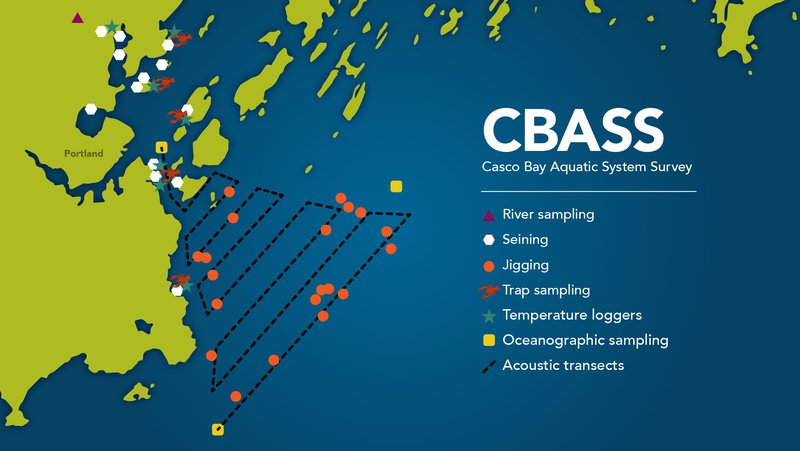
In addition to fish surveys we also deploy temperature loggers at various sites throughout western Casco Bay to monitor changes in water temperature. Since 2019, CBASS has been an invaluable experience for our REU students, as it introduces them to a variety of field sampling techniques.
Starting in 2020 we are excited to pair CBASS efforts with our work on environmental DNA, to compare traditional survey results (e.g., seining) to variations in eDNA for the purpose of validating eDNA as a viable survey approach.
Common fish
These are the nine most commonly caught fish when using hook-and-line fishing to conduct jig surveys in our region.
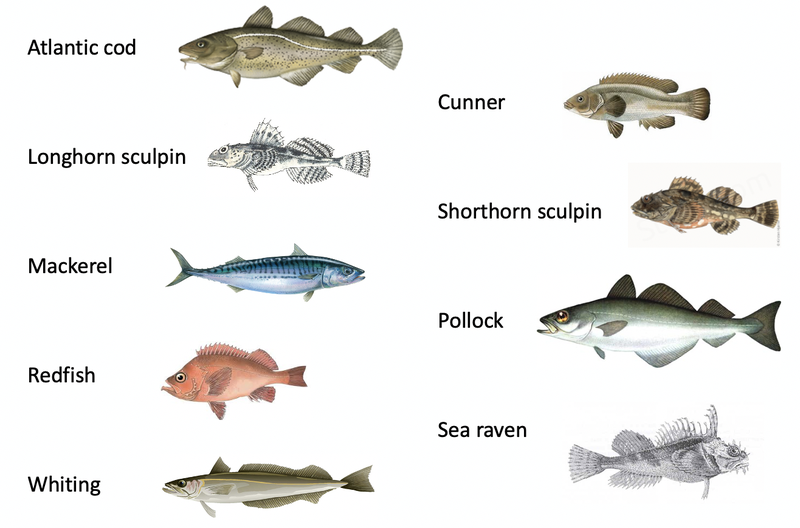
Seining


River Work



Jigging Surveys


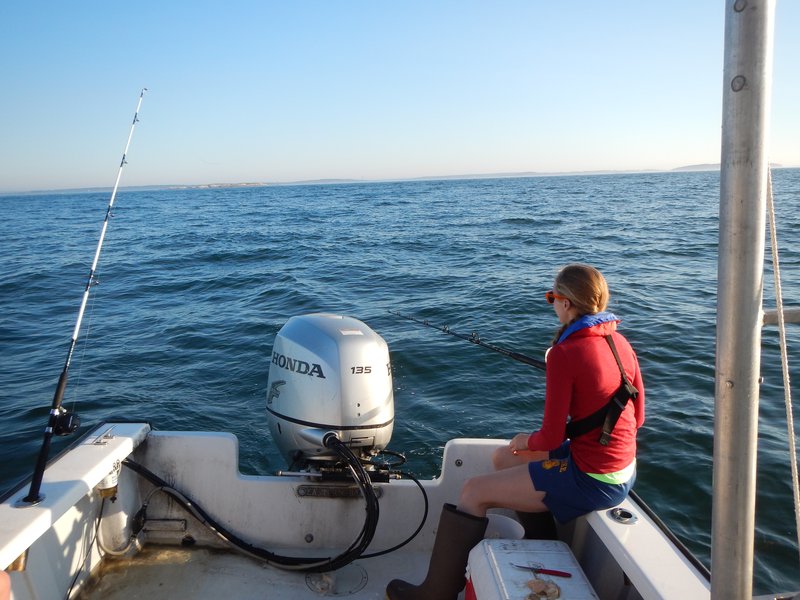
Project Team
-
![]()
-
![]()
-
![]()
-
![This is the staff photo for lisa kerr]()
Lisa Kerr, Ph.D.
Associate Professor, UMaine School of Marine Sciences
-
![the staff photo for Kathy Mills]()
-
![Headshot of Janet Duffy-Anderson]()
Read Next
-
Sea State Recap: Adapting Fisheries & Seafood
In this installment of the Sea State series at the Gulf of Maine Research Institute (GMRI), we hosted a conversation about how collaboration and shared …
Perspectives
-
Community Science Wrapped 2025
Understanding how climate change is reshaping the Gulf of Maine, and New England at large, depends on steady, long-term observations — the kinds that reveal …
Perspectives
-
Your Favorite Stories from 2025
Take a look back at some of our most-read stories in 2025.
Perspectives
-
The Next Wave of Maine’s Blue Economy
Reflections from the 2025 Blue Economy Investment Summit, and the future of Maine's blue economy.
Perspectives
